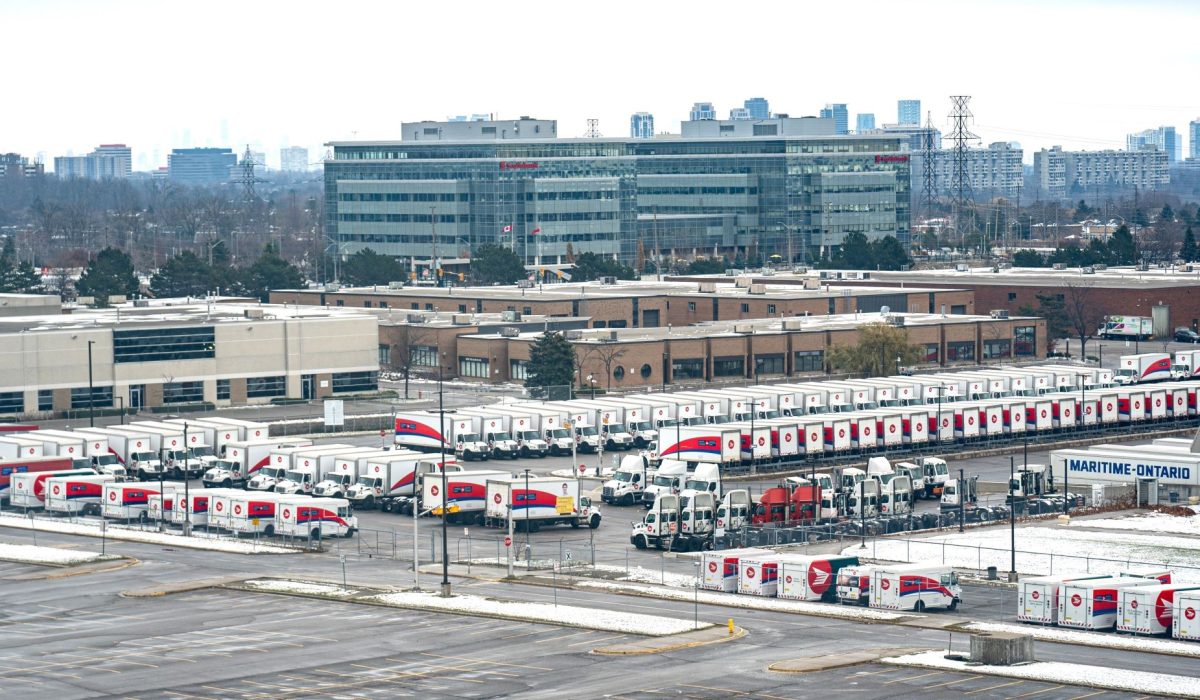Contract talks with mail carriers remain stalled
Canada Post has resumed operations across the country following a national strike by mail carriers, but cautioned customers on Tuesday to expect delays with mail and parcel delivery as unionized workers continue localized labor actions.
The Canadian Union of Postal Workers late last week said it would shift to rotating strikes in its continuing campaign to get a new contract for delivery personnel.
CUPW workers have walked off the job in Dawson Creek and Fort St. John, British Columbia, and in St. Anthony, Newfoundland and Labrador, according to Canada Post. Rotating strike activity has ended in Timmins, Ontario. Mail and parcels will not be delivered or picked up in areas where strikes are occurring.
CUPW says it won’t announce strike locations, dates, times nor locations in advance.
“Our decision to move to rotating strikes also reflects our commitment to the public, charities, businesses, and our members. Rotating strikes may slightly delay the mail and parcels, but they keep them moving. They also reduce hardship on postal workers, while maintaining pressure on Canada Post and the government to get back to bargaining,” CUPW National President Jan Simpson said in a statement.
Canada Post said acceptance of commercial mail and parcels will start on Wednesday.
Meanwhile, the postal operator said it hasn’t received a response to its latest contract offer. CUPW has publicly indicated dissatisfaction with the proposal, saying it rolls back some promised benefits and that planned operating changes will result in thousands of job losses.
“Only new collective agreements will provide the certainty Canadians require to confidently use the postal system. The need to align the business to the current needs of the country, to reduce the dependency on taxpayer dollars, grows more urgent each day that this strike continues,” the national post said in a statement.
Labor talks have dragged on for nearly two years. Late last year, CUPW went on strike for 32 days before the government ordered members back to work while a commission studied the reasons behind Canada Post’s financial struggles and recommended changes to its business model. In the spring, mail carriers refused to work overtime before recently switching tactics to boycotting delivery of bulk mail. When the government instructed Canada Post late last month to move ahead with streamlining efforts the union went on strike.
The volatile labor situation has caused huge uncertainty for households and businesses. Many e-commerce shippers have switched to using private sector delivery companies, adding to the decline in Canada Post parcel volumes and revenues.


